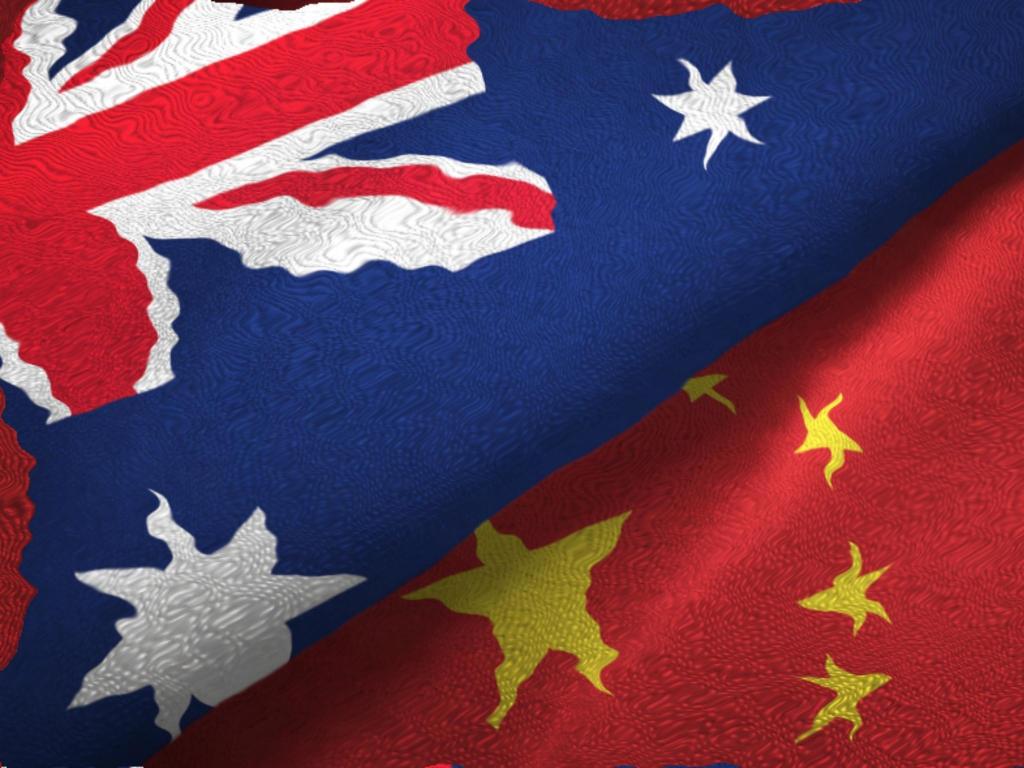Australian Liberal Senator Andrew Bragg has come out swinging with a new bill that looks to protect Aussie crypto users by regulating crypto exchanges and stablecoin issues. Additionally, the new bill will seek to ensure that Chinese banks using the country’s Digital Yuan must disclose additional information to Australian regulators.
Speaking to the Blockchain Associations Forum on Sunday, Bragg told more than 50 blockchain-related organisations from 46 different countries that despite making major ground on crypto regulation late last year, Australia has seemingly fumbled its plans for the digital asset industry.
“Our competitors are enhancing their regulatory systems while we establish endless reviews… the government should get on with the job of legislating rather than commissioning another review,” Bragg said.
Move fast and regulate things
Senator Bragg’s new bill comes less than a month after the Labor government’s introduction of a token mapping scheme, something Bragg has taken issue with in the past for not being proactive enough when it comes to providing the crypto industry with some sense of clarity.
“Other jurisdictions are streaking ahead. In June, United States Senators Lummis and Gillibrand introduced their Responsible Financial Innovation Act, which proposes a comprehensive set of regulations for digital asset markets,” Bragg added.
The bill, released on Monday outlines a new licensing protocol for Australian crypto exchanges, custody requirements for digital assets, and puts forward a set of new rules for firms looking to issue stablecoins, such as ANZ and its AUD-pegged stablecoin, A$DC.
The current state of affairs in the Australian cryptosphere sees many of the main exchanges operating largely unregulated. Right now, crypto exchanges and trading platforms are only legally required to collect customer data for financial intelligence agency AUSTRAC and adhere to the overarching laws of the Corporations Act.
Bragg said this simply isn’t good enough and believes that crypto exchanges should be held to the same standards as market players in the ASX. This includes minimal capital requirements, more extensive monitoring of investor activity on specific platforms, more clearly outlined protocols for treasury management and increased focus on cybersecurity.
Additionally, the bill will address future interactions with foreign Central Bank Digital Currencies (CBDCs) with Bragg making particular reference to the Chinese Digital Yuan — the first and most well-developed CBDC to be issued by a global power. Bragg’s proposal would see Chinese banks report on the use of Digital Yuan to both the Australian Reserve Bank and APRA.
“With 20% of the population having owned some form of crypto, and the emergence of CBDCs issued by states that do not share our liberal-democratic values, the need for consumer protection in this space is urgent.”
Bragg’s newest bill serves as a positive step forward for the digital asset industry in Australia. While there are areas for improvement to enable Australia to compete on the big stage, it seems reasonable to conclude that directionally, the nation’s lawmakers and regulators are on the right track.
Regardless of the recent regulatory uncertainty from the Labor Government, some of Australia’s most forward-thinking digital asset firms are still unrelentingly bullish on the future of Australia’s cryptocurrency sector.





